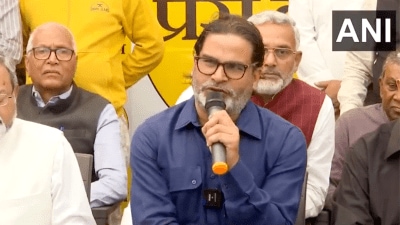By Indraneel Dasgupta
Religious tourism, a subset of cultural tourism, holds vast unrealized potential for destinations worldwide. As an intricate interplay between spirituality, history, and culture, it offers a unique opportunity to attract a diverse range of travelers seeking meaningful experiences. Despite its inherent appeal, religious tourism often remains underdeveloped due to various challenges and misconceptions.
Moreover, religious tourism can contribute significantly to a destination’s economic growth. Pilgrims and visitors tend to spend more on accommodation, transportation, and local goods compared to conventional tourists. This influx of revenue can invigorate local economies, support infrastructure development, and create employment opportunities. Additionally, communities around religious sites often benefit from the growth of ancillary services such as hospitality, guided tours, and handicrafts, fostering a more diverse economy.
However, several challenges impede the realization of religious tourism’s full potential. Infrastructure deficits, inadequate accessibility, and poor facilities can deter visitors from embarking on religious journeys. These sites often require extensive maintenance and conservation efforts due to their historical significance, which can strain local resources. Moreover, concerns about overt commercialization and insufficient preservation of sacred spaces can alienate both local religious communities and tourists.

Misconceptions about religious tourism also play a role in its underdevelopment. There’s a tendency to view it solely as an endeavor for believers, overlooking the fact that many travelers are drawn to these sites for their cultural and historical value. By embracing a broader perspective, destinations can design experiences that cater to a diverse audience, offering opportunities for both spiritual enrichment and cultural exploration.
Strategic marketing is also essential to dispel misconceptions and attract a wider range of tourists. Highlighting the cultural and historical aspects of religious sites alongside their spiritual significance can broaden the appeal. Collaborative efforts between travel agencies, religious organizations, and cultural bodies can create comprehensive packages that cater to different interests, including heritage tours, art exhibitions, and culinary experiences.
In conclusion, the unrealized potential of religious tourism is a compelling prospect for destinations seeking to diversify their offerings and boost local economies. By addressing infrastructure, preservation, marketing, and education, governments and local communities can transform religious sites into thriving hubs of cultural and spiritual exploration. This not only benefits the tourism industry but also preserves the invaluable heritage of these locations for generations to come.
(Indraneel Dasgupta is the Founder & CEO of My Tirth India)








